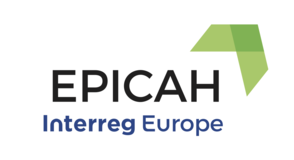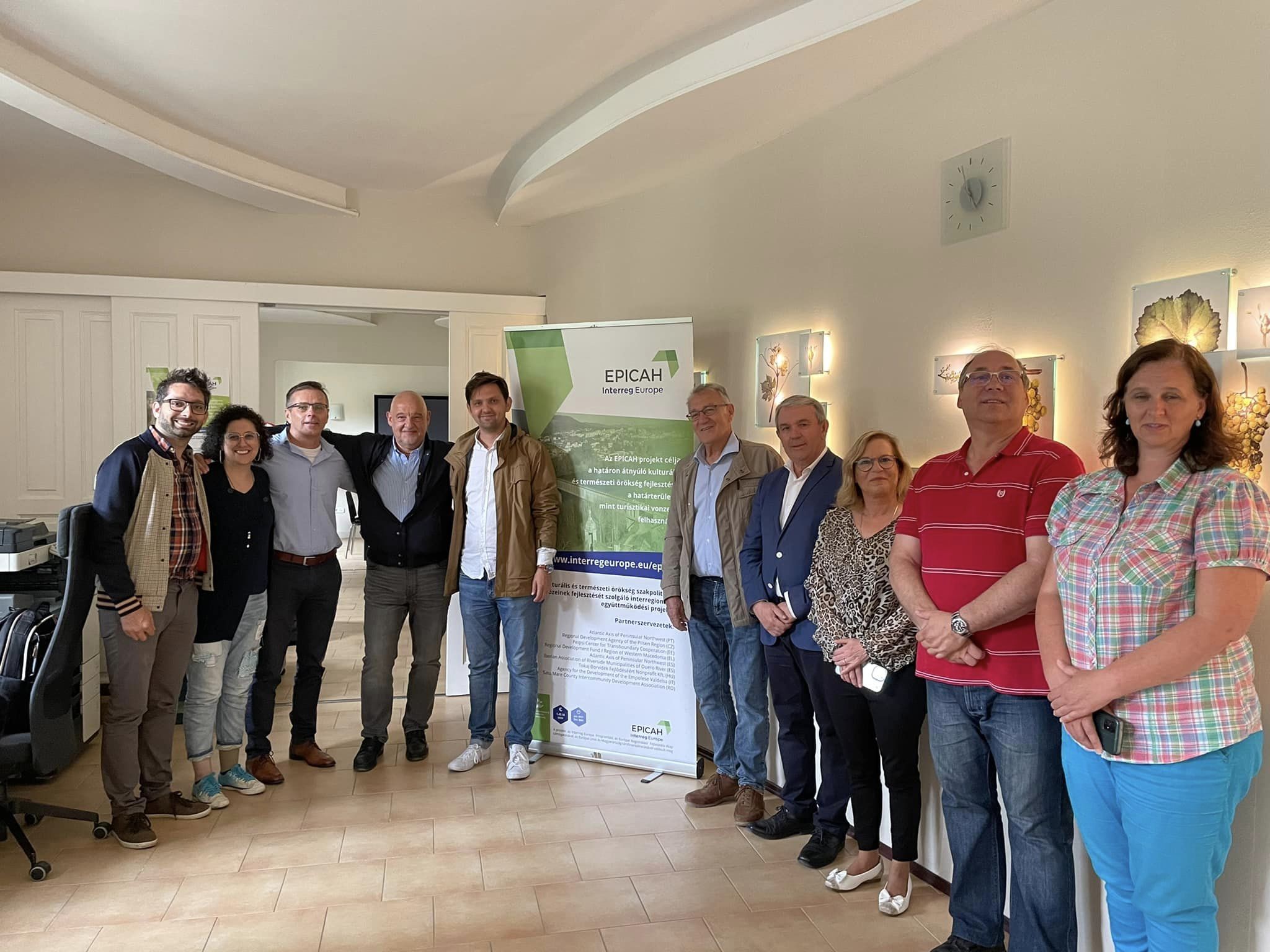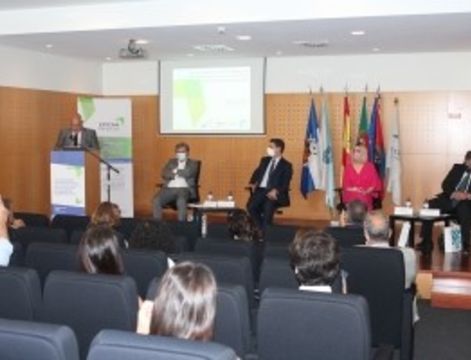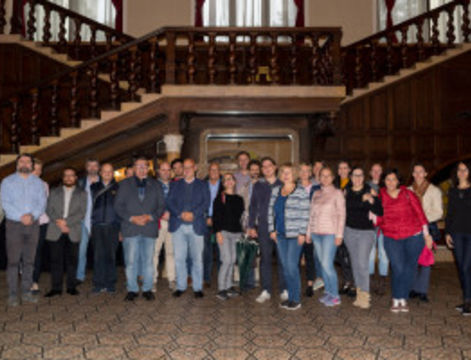Tourism represents more than 10% of EU GDP. A sustained growth of 3.2% per year in number of visitors and revenues, in 2017, of 342 billion euros, according to the 2018 report of the World Tourism Organization, makes it one of the main economic engines of the European Union, not only of the main European capitals, but also of the peripheral territories. These territories are also, in many cases, cross-border, which gives benefit to their tourism offer that usually has a differentiating profile based on heritage, culture, nature and oenology.
However, this tourism still encounters several problems that hinder its development. Although limitations on tourism such as roaming have already been solved, connectivity or logistics problems, such as the rental of a vehicle in one country and its return in another, persist; as well as difficulties in the conservation of heritage and its promotion as a tourist destination, are still pending solution.
In the last 3 years the EPICAH project, financed within Interreg Europe programme, promoted the analysis of a team of experts coming from 8 European border regions about problems and opportunities for the development in the field of tourism at border regions.
Two of the main conclusions of the work done are:
1 – Europe needs a Framework Programme for Tourism, placing special attention to a possible subprogramme about Tourism in Border Regions.
2 – Europe needs policies to protect and promote natural and cultural heritage. Now, the absence of a European heritage policy is h under the UNESCO policies that promote the protection of heritage, but which has no powers to prevent its deterioration or the consequences of aggressive urban planning.
Next 5th November EPICAH partners will ask MEPs and other European Institutions representatives to assume and defend the idea of creating a real tourism policy for the EU, boosting the protection of natural and cultural heritage.









